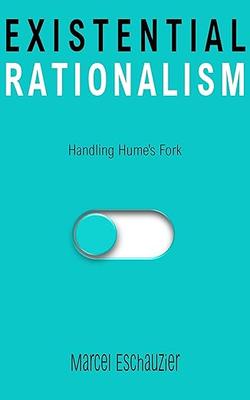Sign up now to get the most out of Books2Read
We're always making new tools to help you discover, save, and share your favorite books.
Sign up now to get updates whenever we release new features!
Discover something great at Books2Read.
We're always making new tools to help you discover, save, and share your favorite books.
Watch your email for exciting announcements and new features coming soon!
Thanks for signing up for Books2Read notifications!
Check your inbox for a confirmation email with instructions to finish signing up.

Existential Rationalism: Handling Hume's Fork


Marcel Eschauzier

Marcel Eschauzier was born in the Netherlands and lives in Belgium. After years in corporate life and across cultures, his direction turned inward in 2016. The world’s nondual essence revealed itself unmistakably, and with it came the wish to share the insight. He advances Rational Nondualism, an innovative philosophy that helps you see through the core illusion we suffer from. His work bridges direct recognition with practical logic, arguing that clarity brings peace. Join simplynondual.substack.com for his latest, and discover much more at simplynondual.com.
